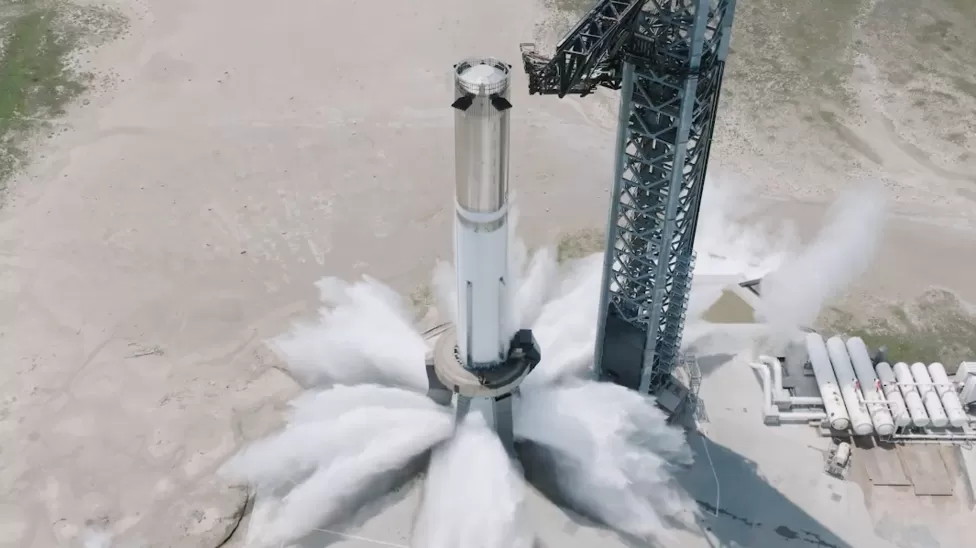
In the wake of a dramatic maiden flight in April that ended in a fiery explosion just four minutes after liftoff, American tech giant Elon Musk is gearing up for another launch attempt of his colossal Starship rocket.
The SpaceX team, led by Musk, has undertaken extensive modifications, making “more than a thousand” changes to the Starship’s systems to address the issues that led to the previous failure.
Scheduled for liftoff from Boca Chica, the coastal town, the 120-meter-tall starship aims to repeat its mission profile, sending the top part of the two-stage vehicle on nearly one full revolution around Earth.
The crucial test is set to occur within a 20-minute window starting at 07:00 local time (13:00 GMT), with an ocean splashdown near Kauai in the Hawaiian archipelago.
The success of Starship is pivotal for Musk’s ambitious goals, as a fully reusable rocket with the capacity to put over a hundred tonnes in orbit could significantly reduce the cost of space activities.
This breakthrough technology would not only revolutionize space exploration but also advance Musk’s vision of establishing a human settlement on Mars.
Elon Musk’s mantra, “test early, break it, and learn,” has been the guiding principle behind SpaceX’s approach. After the April flight, engineers faced substantial challenges, with Starship’s fiery exhaust creating an enormous hole under the launch pad, akin to forces found in an erupting volcano.
READ ALSO: Elon Musk to Introduce His AI Chatbot, Grok, Similar to ChatGPT
Dr. Phil Metzger from the University of Central Florida explained, “The rocket exhaust went through cracks in the launchpad’s concrete. It was super hot, approximately 2,000C, and it vaporized the groundwater.”
To counteract these challenges, SpaceX engineers have installed a steel plate structure resembling an upside-down showerhead at the launch pad.
The innovative solution aims to produce massive fountains of water, mitigating the heat and noise during liftoff, marking a crucial step in Musk’s pursuit of groundbreaking space technology.








Leave a Reply